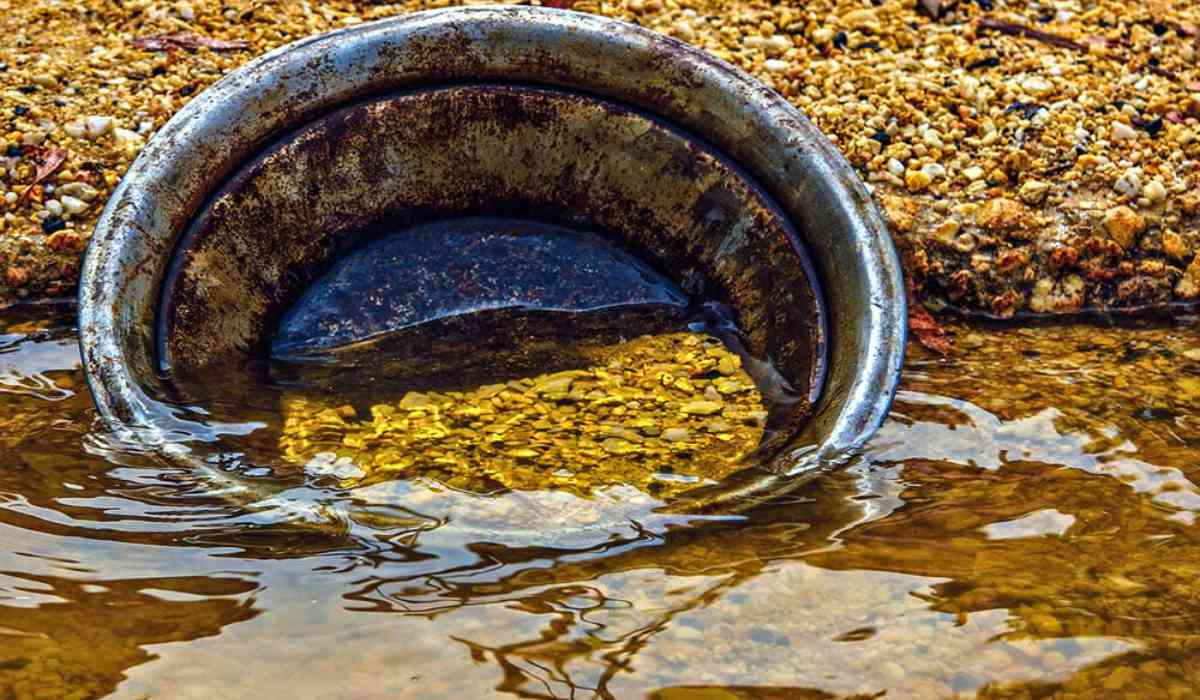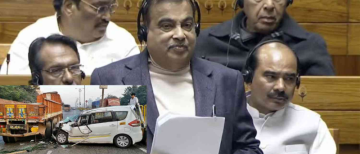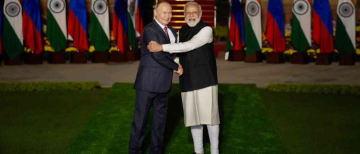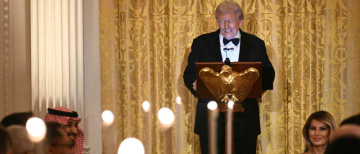There is a great enthusiasm, hope, skeptism from the Pakistani government and speculation from other countries after Pakistan's geologists have found 32.6 metric tonnes of gold in the deposits of the Indus River. This gold deposit is valued at about 600 billion Pakistani rupees, clearly this is a game changer in the economy of Pakistan. However there are a few challenges ahead which should be thought of beyond economics. They are issues of governance, environmental sustainability, and national priorities.
A Promising Scope
The Geological Survey of Pakistan (GSP) recently conducted a sediment analysis in Punjab’s Attock district. This let to the findings of gold deposits which will hep in the revival of economy and its growth. This huge wealth can be used in boosting Financial system, repay all the debt Pakisthan owes and also give employment opportunities to the struggling citizens of the country.
Punjab’s mining minister, Ibrahim Hasan Murad, has assured the public that the government is committed to responsible extraction. However, history reminds us that good intentions alone are not enough to translate natural wealth into national prosperity.
Illegal Mining
Even before official extraction has begun, illegal mining has surged in the region, with over 1,200 heavy machines reportedly engaged in unauthorized operations. This has already cost the government potential revenue and created environmental hazards. Despite registering more than 370 cases against violators, authorities face immense challenges in curbing illegal activities, owing to the influence of local mafias and the remote locations of mining sites.
If these challenges persist, they could jeopardize the long-term benefits of the gold discovery. The government must act decisively to establish a robust regulatory framework and enforce it with transparency and fairness.
Environmental Costs of Gold Extraction
The Indus River is a lifesaver to all vital ecosystems, humans and only after that it is a great economic asset. Already illegal gold mining has begun. The heavy machinery and the mining process has disturbed the riverbeds, destroys aquatic habitats, and contaminates water, threatening the biodiversity of the region.
The environmentalist scientists who are involved in the sedimentation analysis project has informed that the large scale mining and its consequences could possibly affect the eco system if not managed with care. Balancing the growth of the economy and also preserving the natural resources that exist in the very same country should be the aim of any country’s government.
A History of Squandered Opportunities
Pakistan’s history with mineral discoveries has been a mixed bag. In 2020, what was believed to be a major gold discovery near Hyderabad’s Ganjo Takar Hills turned out to be fool's gold (pyrite). While the current discovery appears legitimate, past experiences underscore the need for thorough assessments and careful planning.
Given the past experiences there rises another question, will Pakistan make good use it? Because as per the past history of their country, Pakistan hasn’t utilised their mineral resources in a useful manner. Either their wealth was corrupted by the officials or else they spend it in useless expenditures such as defense spending. This raises one question: Will Pakistan be able to uplift the country through its wealth or will it fall in the hands of mismanagement?
History of Pakistan’s Political Instability
Since gaining independence in 1947, Pakistan has struggled to maintain a stable democratic process. Notably, no Prime Minister has ever completed a full five-year term in office. Governments have frequently collapsed under the weight of political infighting, corruption, or external pressures, while several leaders, including Liaquat Ali Khan and Benazir Bhutto, have met tragic ends through assassination.
Adding to this instability is the enduring influence of the military, which has ruled Pakistan for nearly half of its existence through direct coups or indirect control. The military’s significant share of national resources often comes at the expense of social development, and its overarching influence has limited civilian governments’ ability to exercise full authority.
What should be done?
The discovery of gold in the Indus River presents Pakistan with a pivotal moment. Managed wisely, this resource could alleviate poverty, build infrastructure, and secure the nation’s financial future. However, it also has the potential to exacerbate existing inequalities, fuel corruption, and deepen environmental degradation.
The government must make its move more crucial and also confidential. The government should have transparency, they must consider collaborating with expert countries who are known for their sustainable extraction. They must assure the people and the countries they right on the track making investment for social and economic development. For the betterment of the country and also to preserve the natural resources, the government has got to take immediate measures to prevent illegal mining in the Indus River.
An Uncertain Future
As the nation contemplates the potential of its golden treasure, one question looms large: Will this discovery mark the beginning of a new chapter for Pakistan, or will it reinforce the status quo of missed opportunities and misallocated priorities?
The choice lies with Pakistan’s leaders—and their decisions will shape not just the fate of the gold deposits, but the future of the nation itself.
With inputs from agencies
Image Source: Multiple agencies
The views expressed are personal to the author and do not reflect the platform's opinion of the same.
© Copyright 2024. All Rights Reserved Powered by Vygr Media.
Ayesha Jumana A R is a dedicated content writer specializing in creative content, blogs, SEO-optimised articles, and product descriptions. She has earned recognition at the national level for critical writing, contributed to the Assist World Record for Spill Poetry, and received multiple state and district-level prizes for her poetry. Her work is featured in the anthology An Invisible Bond, available on Amazon.


























